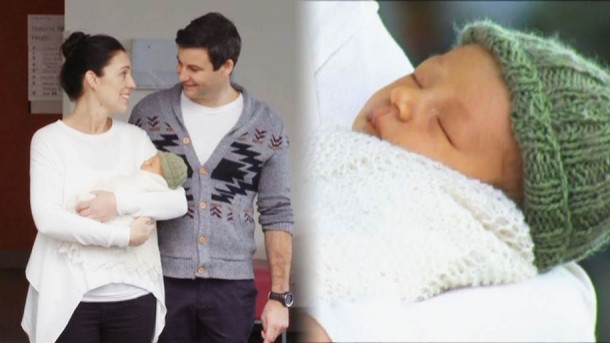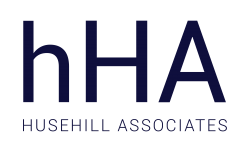
TVNZ
This weekend, the news was all about the birth of the Prime Minister’s new baby, Neve Te Aroha Ardern Gayford, and it was genuinely nice to see a good news story lead the airwaves.
In her Opinion piece for Radio New Zealand, Dr Jess Berentson-Shaw wrote about how little Neve “will have a second parent who can spend all the time he needs to bond with her in those important few years, helping build her brain connections through lots of interactions with her that are free from stress.”
During the first 1,000 days, or 3 years, of a person’s life, a baby’s brain grows more than any other time in their life. And the experiences and influences that happen now will affect the way the brain develops.
You may find it funny to see a business consultant like me writing a blog about the birth of a new baby. However, having studied and worked with human behaviour for over 30 years, I know that this period in a person’s life can affect their whole lifetime. There is so much potential out there in New Zealand and our Economy could benefit exponentially if the population were to have access to positive influence during those first few months.
For the brain to grown, neurons (brain cells) need to be activated and connect with one another. Trillions of connections and pathways are produced during the during the first 3 years. The connections and pathways that are used regularly will become permanent. As the baby’s brain starts to develop, there are specific stages where they can gain certain abilities. Sight and language are two such abilities.
To move this from the academic to the actual, let me give you an example: When my first child was 3 months, I started reading to her. By the time she started school, she was reading at a 9-year-old’s level. She enrolled Journalism school at 17 when most people start after completing their degrees. She went on to front communications for Air New Zealand and Fletchers. I trace this development to those early days of reading to my child.
Brainwave Trust Aotearoa, a NZ not-for-profit organisation that promotes understanding of the crucial influence of early experiences on the developing brain, has some further tips for developing your child's brain:
- While breast-feeding or bottle-feeding – hold your baby, look into their eyes, talk, sing and interact with them
- From six months your baby’s brain needs iron to grow and work properly. Your doctor or midwife can offer advice on healthy food for your baby
- To develop a healthy brain, children need: Time interacting with parents/caregivers, smniles and fun, talking and reading, cuddles and play
- You child needs quality care. If they are being looked after by others, make sure they are receiving the nurturing and stimulation they need.
- Take them for walks in the park, talk about clouds and rainbows in the sky. Each experience is an opportunity for learning and sharing knowledge.
- Give them a variety of objects to hold – warm and cold, soft and hard, different colours, different textures, name them, talk about them
All these little things help the neurons in the baby’s brain help solidify connections and networks in our brain and will give the Prime Minister's baby the foundation she needs to become the wonderful adult she is meant to be.
Nullam scelerisque erat nisl, eu aliquet quam porttitor et. Aliquam molestie sem augue, non egestas nunc sagittis in. Suspendisse vehicula turpis eget leo sollicitudin, dapibus commodo massa facilisis.
"Class aptent taciti sociosqu ad litora torquent per conubia nostra, per inceptos himenaeos.Aenean non turpis vitae ligula tristique sagittis. Cras varius erat pulvinar eros pretium suscipit. Duis eleifend sit amet sapien sed ultricies."
Ut ac tortor eget nibh condimentum congue. In facilisis porttitor iaculis. Etiam vestibulum, nisl nec molestie egestas, velit lorem venenatis tellus, pellentesque blandit nulla sapien accumsan velit. Vivamus purus nunc, dictum nec elit viverra, semper iaculis risus.
